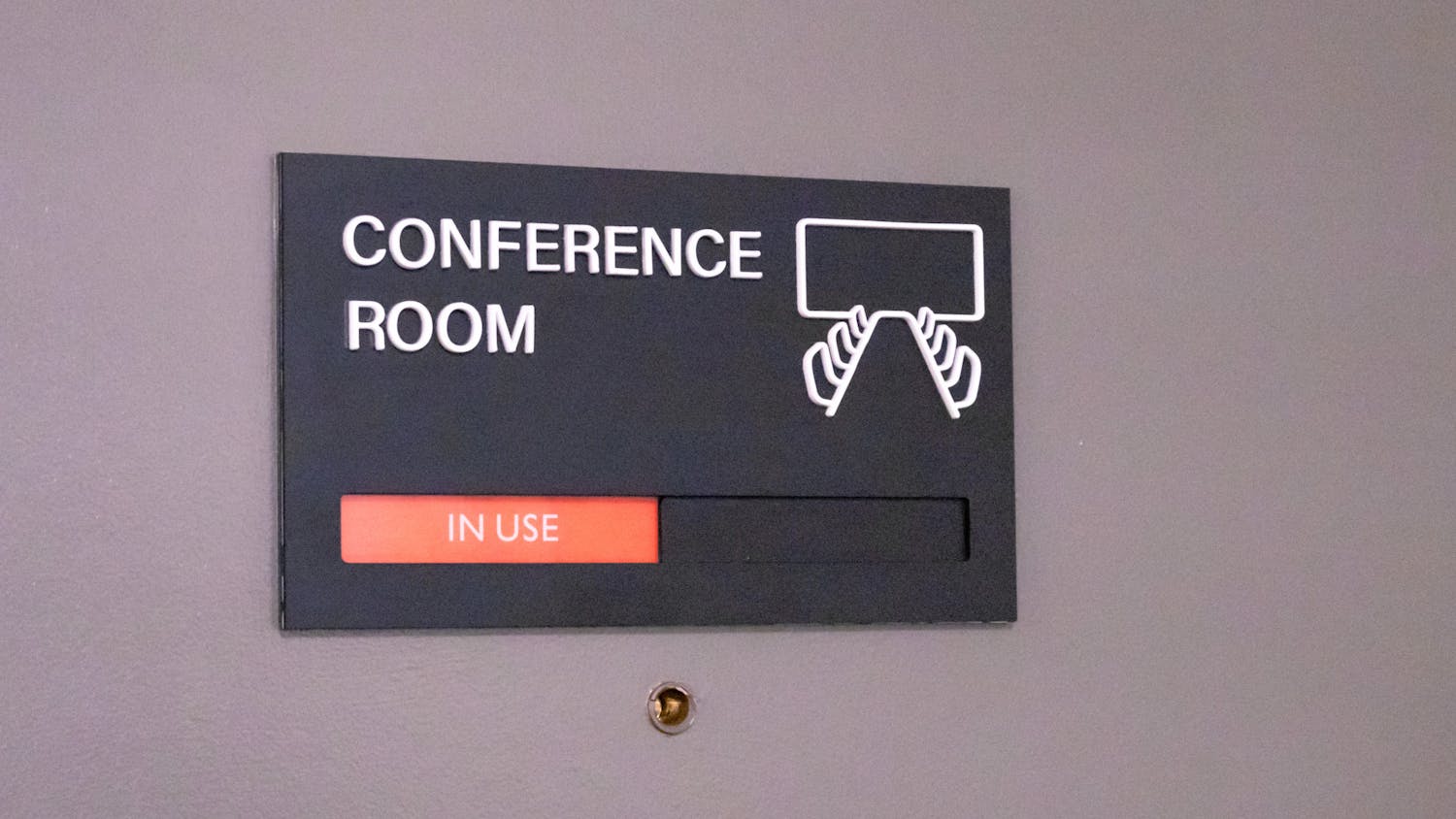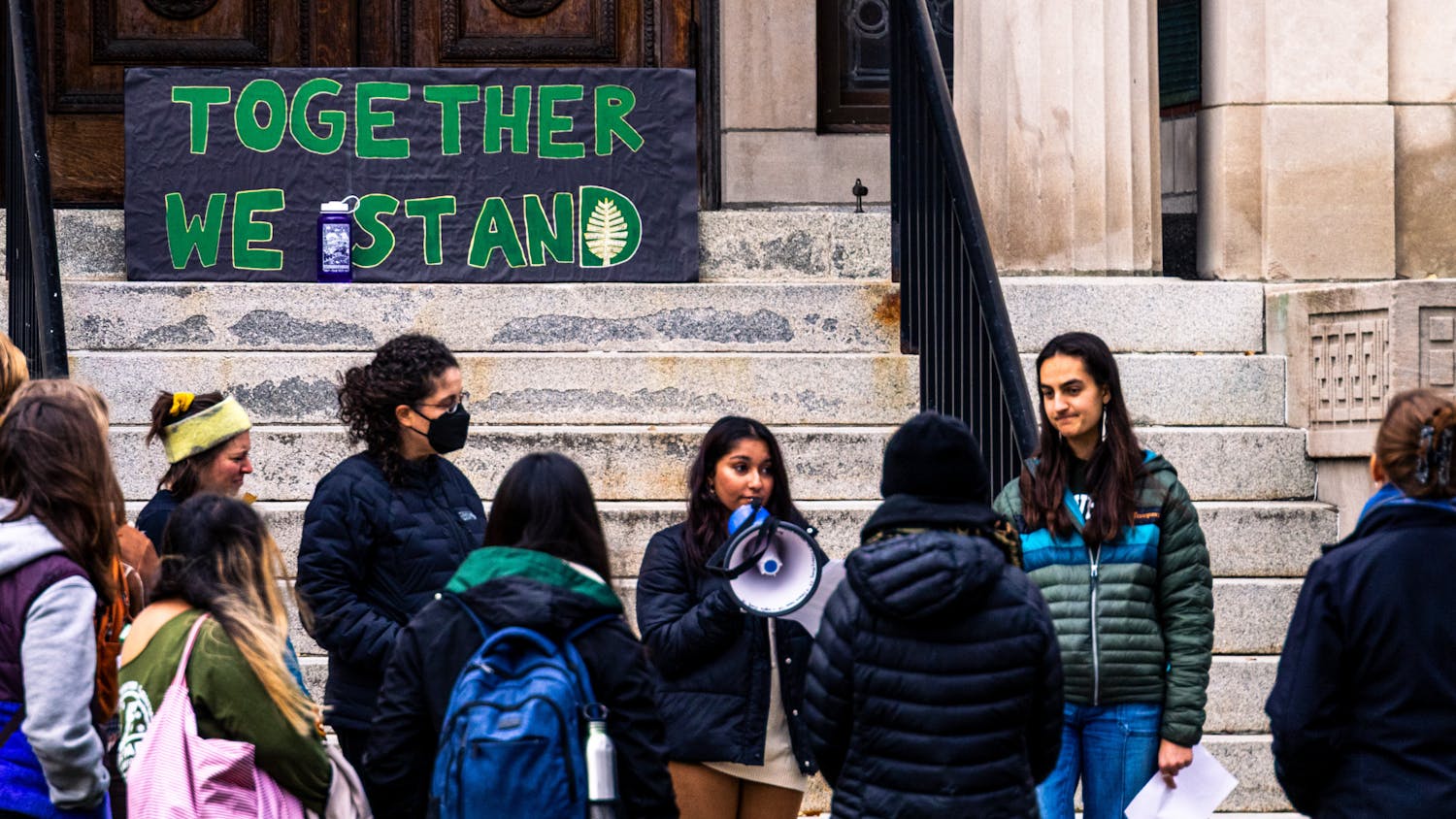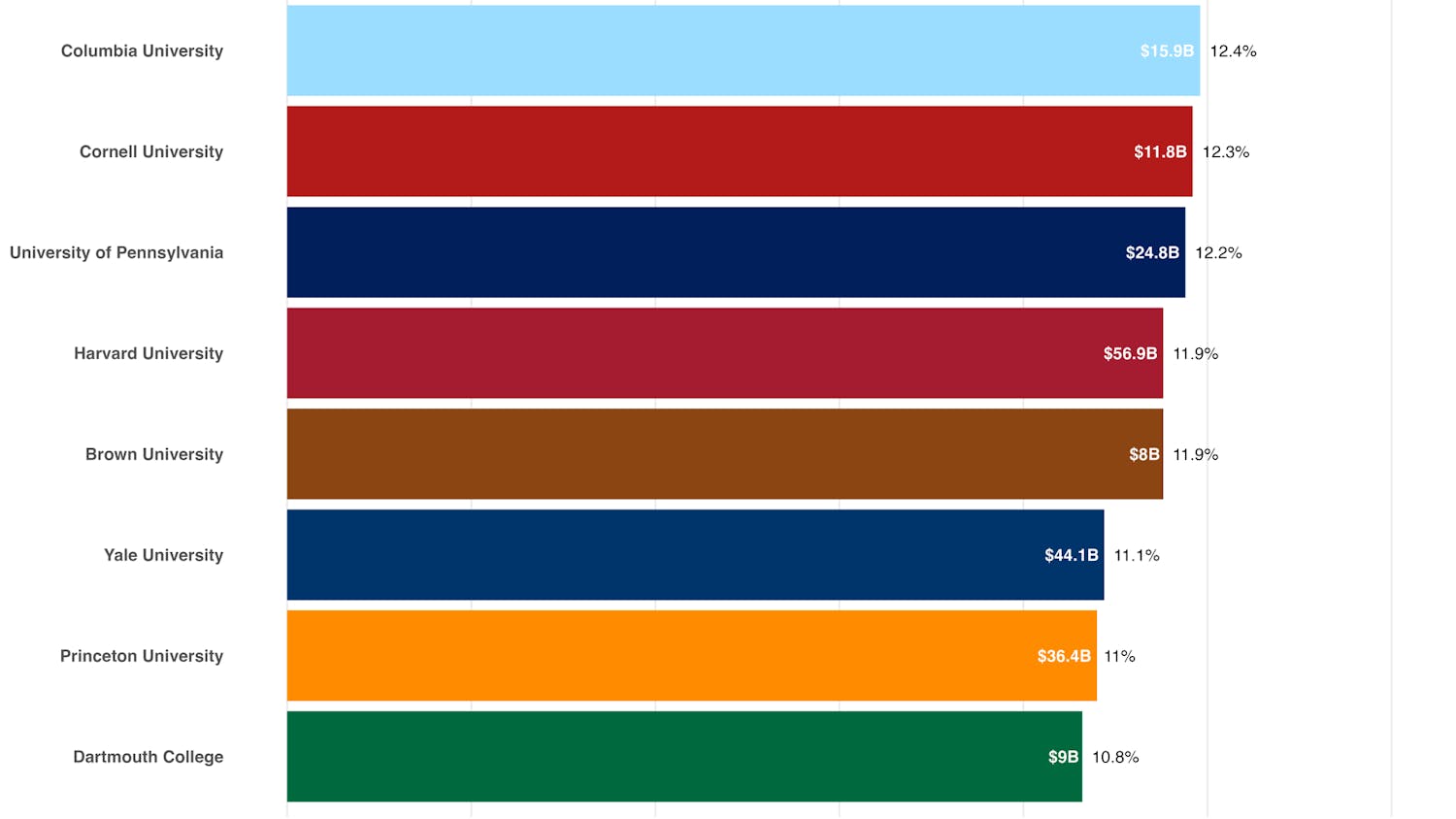After a difficult financial year for the College, Dartmouth Dining Services has implemented the latest in a recent series of price increases.
Price hikes are no new phenomenon to Dartmouth students, but this year's increases seem considerably higher, especially considering that cuts have been made to some of the 14 DDS facilities. Moreover, certain menus have been significantly cut to manage DDS budget shortfalls.
According to DDS, students have experienced a 5.4 percent increase in spending from last spring. During that term, the average student spent $881 of his Declining Balance Account.
DDS, which is an independent non-profit entity not subsidized by the college, is responsible for all costs which it incurs, from heating its restaurants to benefits for its employees. Dining Services Director Tucker Rossiter said that "We expect to break even -- that's our goal."
Rossiter explained that prices have increased as a response to market trends. He cites fuel costs involved with shipping foodstuffs, labor costs, and a responsibility to provide "living wages with adequate benefits" to his employees as the sole cause for the increasing rates. "Our prices never go down, and neither do theirs," Rossiter said.
In response to the market, DDS is continually forced to rethink its portions, offerings and rates, Rossiter said. Yet in spite of budget constraints, DDS has not cut hours at its restaurants, has retained a constant workforce and is not planning on making any future cuts to its services. "We can always improve," Rossiter added.
One decision this year included drastically reducing the Lone Pine Tavern menu, and altering the restaurant-style wait service unique to the facility. Lone Pine, still the only DDS facility that serves alcohol to students of legal age, was reminiscent of an off-campus restaurant with its unique atmosphere -- while still operating from the DBA.
It is not, however, a profitable venue, Rossiter explains. Restructuring efforts will attempt to reverse this trend. Of the fourteen DDS facilities, Food Court remains a favorite and is "by far the most popular." Novack Caf is DDS' most profitable venture.
Most students have noticed the increased prices on items at on-campus facilities. While students generally accept the reasoning behind the price increases, they do offer advice. James Baehr '05 asks why cuts aren't directed at locations such as The Pavilion, which offers kosher and halal food options to students. "I'm not sure if the demand for specialty foods is cost-effective," Baehr observed.
Natasha Mulko '07 remarked that her initial reaction to increased DDS prices was surprise at the cost of all weighed items. "Salads and frozen yogurt, in particular, seem extremely overpriced," Mulko said. Rossiter replied that portions are set according to a profitable and efficient average.
While cost has become controversial amongst some students, food quality is not a contested issue. A recent report of student opinion published by The Princeton Review ranked Dartmouth sixth in the nation for "Best Food." Rossiter is proud that Dartmouth can boast that accolade.
So long as the market continues to demand higher wages, benefits and food costs, DDS will be forced to make costly decisions -- often at the expense of its patrons. Rossiter prefers to see DDS as a cooperative citizen. "I'd like to think we're responsive to students. We do the best we can to make ends meet for this community."



